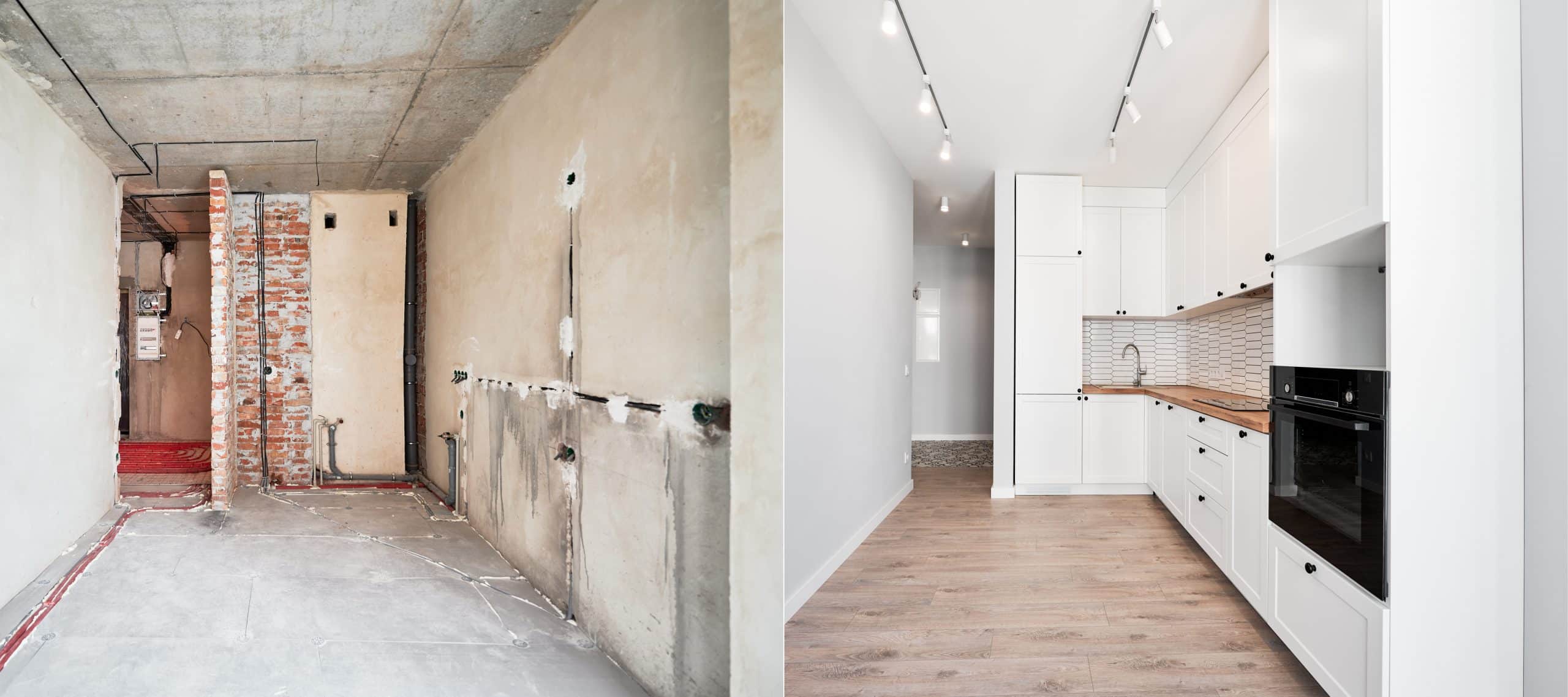How to Integrate Advanced Air Filtration into Older Homes with Radiator Heating?

When it comes to maintaining a healthy living environment, air quality is paramount. It’s no secret that indoor air can be up to five times more polluted than outdoor air, according to the Environmental Protection Agency (EPA). Thus, enhancing indoor air quality is a pressing concern, particularly for those residing in older homes with radiator heating. Advanced air filtration systems can alleviate many of these concerns, but the question looms – how do you integrate these systems into older homes?
Recognizing the Need for Air Filtration in Older Homes
First, let’s understand why air filtration is essential for homes, particularly older ones with radiator heating systems. Radiators can, over time, accumulate dust, mold, and other allergens that may affect your home’s air quality. Moreover, the lack of modern ventilation in such homes can exacerbate these issues, leading to an unhealthy indoor environment.
A découvrir également : How Can You Create a Sustainable Kids’ Playroom with Upcycled Materials?
Older homes with radiator heating often lack the built-in air filtration systems found in more modern HVAC setups. Despite radiators being an efficient heating method, they do not offer a solution for air filtration. This absence can lead to a buildup of indoor pollutants such as dust, pollen, pet dander, and even potentially harmful bacteria and viruses.
The Basics of Air Filtration Systems
Before we delve into how to integrate advanced air filtration into your older home with radiator heating, let’s familiarize ourselves with the basics of these systems. An air filtration system is a device or set of devices designed to remove airborne impurities such as dust, allergens, and microorganisms. The heart of these systems is the air filter, which traps these particles, preventing them from circulating in your home.
A lire également : How to Utilize Advanced LED Lighting for Growing Tropical Plants Indoors?
Air filtration systems come in different types, sizes, and levels of sophistication, depending upon the specific needs of your home. These range from simple, standalone units to complex, whole-house systems integrated into your home’s HVAC system. Regardless of the type, the aim remains the same – to improve indoor air quality, creating a healthier living environment.
Choosing the Right Air Filtration System for Your Home
Choosing the right air filtration system for your older home with radiator heating can be an overwhelming task, given the multitude of options available in the market. It is critical to make an informed decision based on your specific needs, budget, and the constraints of your existing heating and ventilation setup.
To start, you would want to consider the size of the system. For smaller homes or apartments, a portable air purifier may suffice. These devices are compact and can be moved from room to room, providing targeted air cleaning where it is needed most. On the other hand, larger homes might benefit more from a whole-house air filtration system.
In addition to the size, the type of filter used in the system is also an essential factor. The most common types include HEPA (High Efficiency Particulate Air) filters, activated carbon filters, and UV (ultraviolet) light filters. Each of these has its strengths and limitations, and the choice largely depends on what kind of pollutants you are looking to remove from your indoor air.
Integrating Advanced Air Filtration into Your Home
Now that you are aware of the significance of air filtration and how to choose the right system for your home, let’s discuss how to integrate these into your older home with radiator heating. The integration process can be as simple as plugging in a standalone unit, or it can involve more complex installation procedures for whole-house systems.
For standalone units, the process is relatively straightforward. Simply choose a location in the room where air circulation is optimal, plug in the unit, and turn it on. It’s important to note that these devices work best when they are not obstructed, so placing them near a window or doorway, or in an open area of the room is advisable.
For whole-house systems, the installation process is more involved and typically requires professional assistance. These systems are usually installed in the ductwork of your home, which may not exist in older homes with radiator heating. In such cases, modifications may be necessary to accommodate these systems. This process may include creating new ductwork or retrofitting existing structures to house the filtration unit.
In conclusion, integrating advanced air filtration systems into older homes, especially those with radiator heating, is feasible and highly beneficial for homeowners. With careful consideration and professional assistance, you can significantly improve your home’s indoor air quality, leading to a healthier and more comfortable living environment.
Maximizing the Effectiveness of Your Air Filtration System
Having a clear comprehension of the air filtration system is just half the battle; maximizing its effectiveness is another essential aspect to consider. Ensuring the air filtration system works at its best can significantly enhance the indoor air quality of your older home with radiator heating.
Firstly, regular maintenance of your system is crucial. This primarily includes changing or cleaning the filters regularly. The frequency of replacement or cleaning can vary based on the type of filter and the level of air pollution in your home. Dirty or clogged filters can not only hamper the efficiency of the system but can also recirculate the trapped pollutants.
Secondly, proper placement of standalone air filtrations can affect their effectiveness. Ideally, these should be placed away from walls and furniture to allow free airflow and maximum efficiency. Moreover, try to position them as centrally as possible in the space, preferably in the room where you spend most of your time.
Furthermore, for whole-house filtration systems, professional maintenance may be necessary to ensure optimal functioning. This can include periodic inspection of the system, thorough cleaning, and timely repair or replacement of any worn-out components.
Promoting Healthier Living with Advanced Air Filtration
With the rising concern over indoor air pollution, integrating advanced air filtration into older homes with radiator heating has become an essential aspect of home improvement. By doing so, homeowners can dramatically improve the quality of the indoor air they breathe, promoting healthier living spaces.
Moreover, an efficient air filtration system can significantly reduce the risk of various health issues associated with poor air quality, including allergies, asthma, and respiratory infections. It’s a worthy investment that can greatly enhance your home’s indoor environment, making it healthier and more comfortable.
To sum it up, integrating advanced air filtration systems into older homes, despite the challenges, is not only feasible but highly beneficial. While the process may involve a significant investment of time, effort, and resources, the result is a healthier, cleaner, and more comfortable living environment. Regular maintenance and strategic placement of these systems can maximize their effectiveness, providing you with cleaner, fresher air for years to come.
